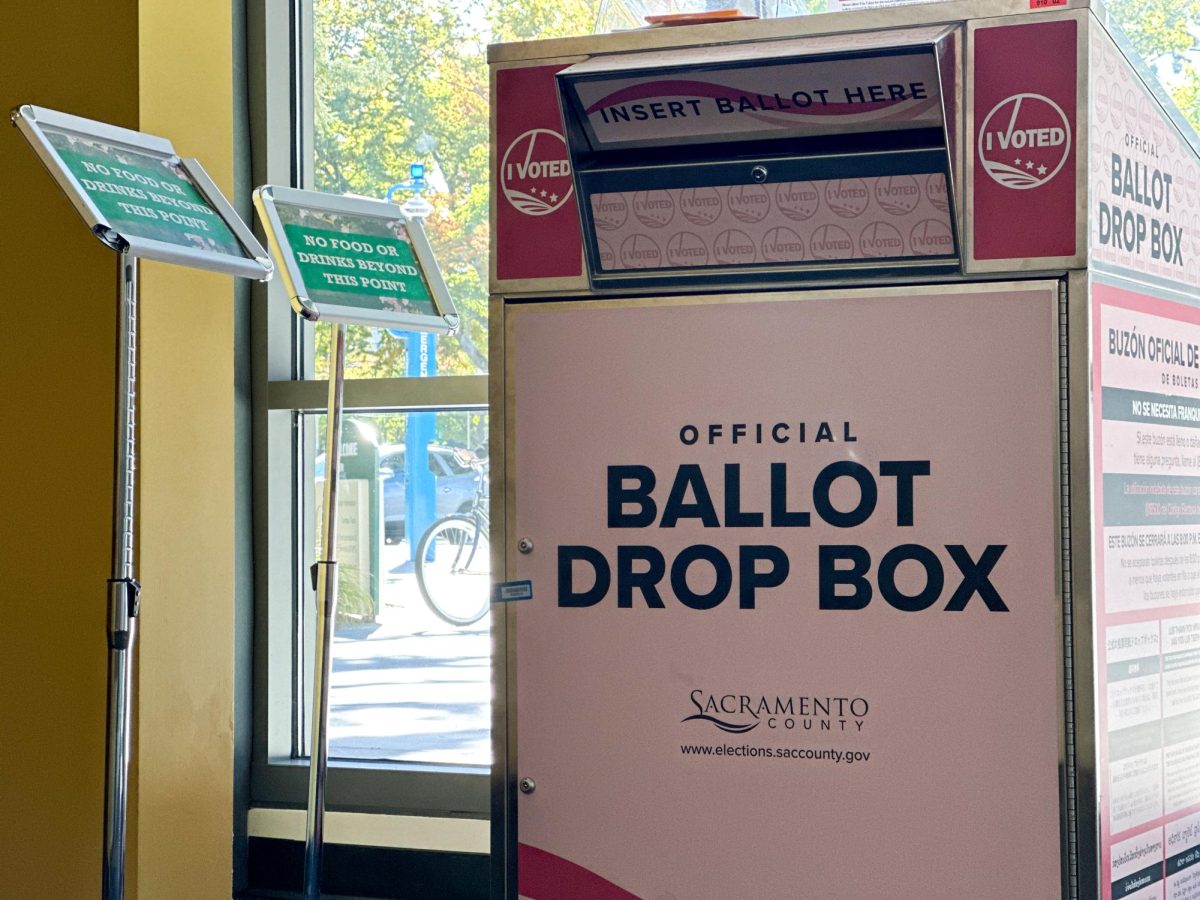On Tuesday, November 5, Californians will vote on Proposition 3, a measure to establish the right to marry in the state constitution, by repealing the language of Proposition 8 that defined marriage as between a man and a woman.
Although Prop 8 was struck down in 2010, its wording remains in California’s constitution. Prop 3 would not only remove Prop 8’s language, supporters said it would make marriage a fundamental right and provide protections for same-sex and interracial marriage.
Jorge Reyes Salinas, Communications Director at LGBTQ+ civil rights non-profit Equality California, said that Prop 3 comes at a critical time because of the U.S. Supreme Court’s willingness to overturn established case law and protections.
“We faced the overturn of Roe v. Wade after its 50 years of precedent, which has been a huge wake-up call for the LGBTQ+ community,” Salinas said. “We can no longer assume it’s safe to assume that this Supreme Court will uphold these precedents protecting marriage equality for same-sex couples, or even interracial couples.”
Opponents, such as the conservative non-profit California Family Council, describe Prop 3 as a threat to marriage. They said in the California Voter Guide they believe the proposition is too broad and could lead to unintended consequences, such as removing protections preventing “child marriages, incest and polygamy.”
CFC Vice President Greg Burt said that Prop 3 undermines California’s existing marriage laws. Burt said the state currently defines marriage as a union between two people and includes restrictions on age and familial relationships.
“When you’re voting for this, you’re not just voting to allow same-sex marriage,” Burt said. “You’re voting for anyone’s interpretation of what marriage is, not limited to numbers, ages or relations.”
RELATED: Sac State athletes discuss the importance of voting on Election Day
Burt said the potential for unintended consequences due to Prop 3’s broad language is central to the decision voters face. He said that the measure lacks clarity by failing to specify that marriage should be limited to two people.
“If the ultimate law of the land says that marriage is a fundamental right, what legal principle are you going to use to say no,” Burt said. “That’s the problem, there’s no limiting principle.”
Salinas said that the CFC’s warnings demonized people through misinformation.
“It’s just the same old tactic that far-right conservatives continue to spread,” Salinas said. “Proposition 3 is literally ensuring that every person, regardless of sexual orientation or race, have the freedom to marry.”
RELATED: California takes leap towards equal marriage
Sac State’s PRIDE Center Coordinator, Hei Fok, is prohibited from expressing his personal opinion on Prop 3 due to a California State University policy against employees endorsing partisan views in university publications, but he said that federal marriage equality is not guaranteed.
“Voting No on Prop. 3 means to leave the language as-is,” Fok said, “Which is currently regarded as a ‘Zombie law’ remaining on the books that could potentially resurface if the Supreme Court overturns same-sex marriage.”
Prop 3 has garnered support from dozens of political figures and organizations, including Governor Gavin Newsom, the California Democratic Party, the ACLU and the Human Rights Campaign. Opponents include the California Family Council, Advocates for Faith & Freedom and the National Center for Law & Policy.
California voters will decide the fate of Prop 3 until polls close at 8 p.m. on Nov. 5.

































































































































Greg Burt • Nov 5, 2024 at 10:33 am
Greg, Thanks for your article on Prop 3. If your readers want to hear from attorneys and constitutional experts on the law regarding the implication of putting this vague reference to marriage in the state constitution, they can find those at our website. Just google California Family Council.
This isn’t misinformation. This isn’t demonizing anyone. To accuse me of demonizing when I have said nothing demonizing about the other side is a bit odd. We simply have a different point of view. Falsely accusing someone of demonizing is a form of demonizing. It is a debate tactic to stop the other side from disagreeing with you. It seems in Mr. Salinas’s mind, anyone who disagrees with his position is just mean and hateful.
One thing I failed to bring up in our interview is the issue of interracial marriage. Who opposes interracial marriage? Why bring that up as a reason to vote for Prop. 3. The proposition language being added to the State Constitution by Prop. 3 says nothing about interracial marriage.
I think the reason the proponents say this is to get the African American vote, even though no one has advocated against interracial marriage since the 1960s. When Prop 8 was passed in 2008, defining marriage as between one man and one woman, the African American community strongly supported it. So much so that even Presidential Candidate Obama said he supported it.
So, I’m thinking the proponents of Prop. 3 wanted to make sure African Americans voted for the proposition, so they told them interracial marriage could be threatened if they didn’t vote yes. Isn’t that misinformation?